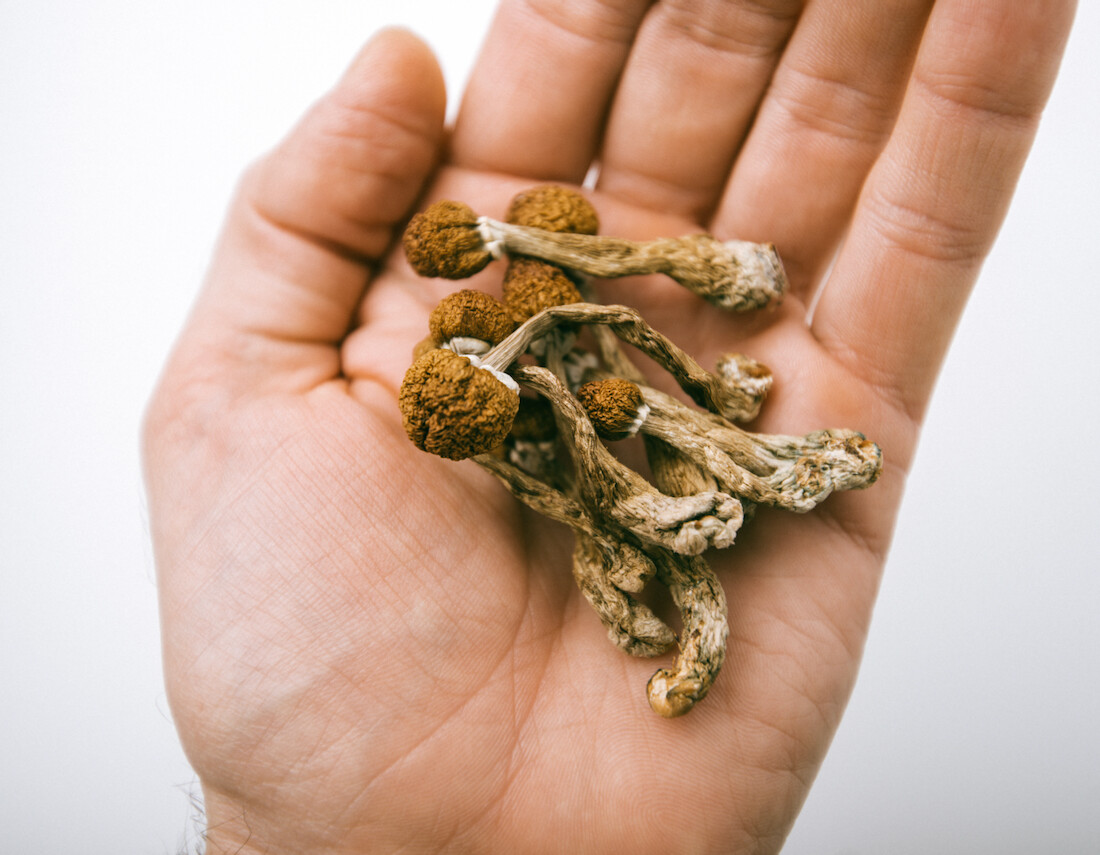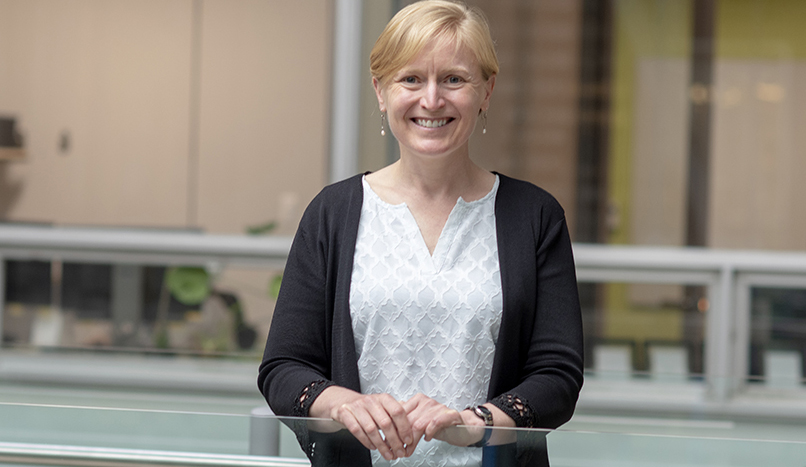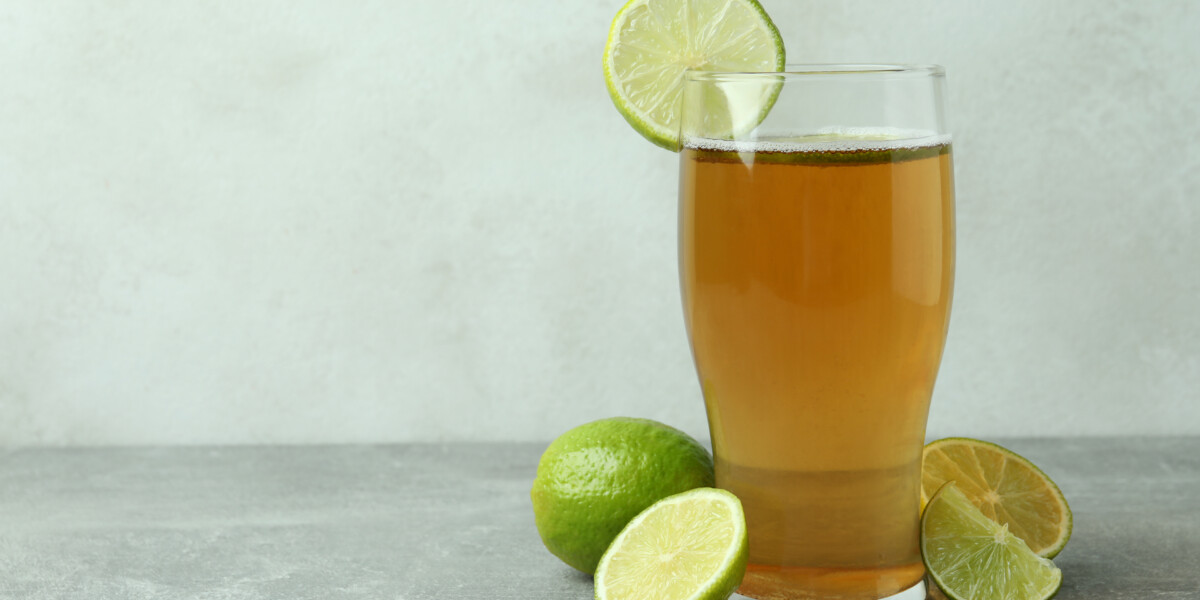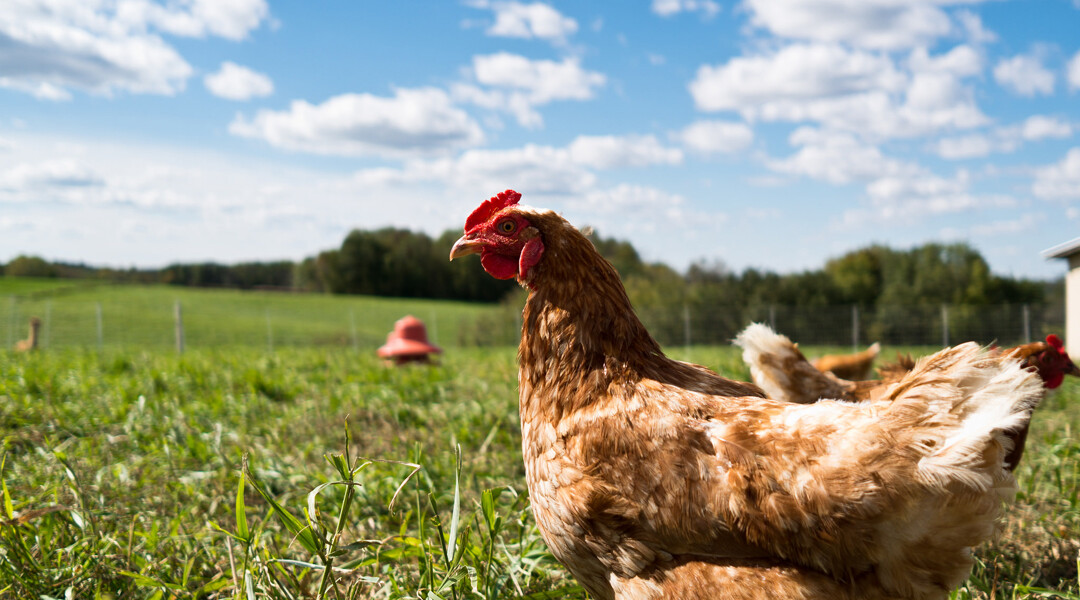As the field of psychedelic research expands with additional evidence-based research, UVM has expanded the Cannabis online certificate course presentations in Cannabis Science and Medicine and Cannabis Plant Biology to include mushrooms, including how psilocybin and psilocin affect the human body. Students in both Cannabis Plant Biology and Cannabis Science and Medicine have the opportunity to learn about emerging evidence of psychedelics.
Psilocybin, the active ingredient found in mushrooms, is a Schedule 1 drug designated by the U.S. Drug Enforcement Administration. Still, clinical trials repeatedly demonstrate psilocybin’s promise for treating mood, anxiety, and substance use disorders.

A high-profile initiative in Oregon, which in 2020 voted to legalize psilocybin mushrooms for use in therapy, highlights the therapeutic use of psilocybin. The measure—which makes Oregon the first state to allow the use of the Schedule 1 drug for therapy—directs the Oregon Health Authority to create a state-licensed, psilocybin-assisted therapy program.
Incorporating evidence-based data about psilocybin into UVM’s cannabis offerings is a logical fit, says Monique McHenry, Ph.D., assistant professor of pharmacology and director of the Medical Cannabis Center for Research and Education at UVM’s Larner College of Medicine. She says an increasing number of medical professionals are asking to learn more about psilocybin’s biology and pharmacology.

“Medical providers need to be informed, and we want to make sure there are educational opportunities available as policymakers are incorporating changes, such as in Oregon,” McHenry says. “What we’re teaching is not based on opinion, traditional knowledge, or anecdotal. At UVM, we’ll cover evidence-based information from peer-reviewed journals that includes basic fungal biology and pharmacology, including how psilocybin moves through and gets transformed by the human body.”
The psilocybin biology module will be taught by McHenry, and Linda Klumpers, Ph.D., will teach the psilocybin pharmacology module.
Cannabis Science and Plant Biology Students will Learn:
- Facts and hypotheses on the production of fungal secondary metabolites
- The acute and chronic effects of psilocybin/psilocin
- How psilocybin/psilocin move through and get transformed by the body
- Psilocybin/psilocin mechanisms of action
- How to identify factors that influence psilocybin/psilocin pharmacology
- Therapeutic effects (beneficial and adverse) of psilocybin/psilocin
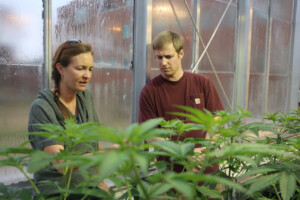
McHenry says the cannabis certificate programs will likely include other natural products in addition to psilocybin as the need arises and more data becomes available.
“We listen to our students about what they want,” McHenry says. “As natural products become more mainstream, we have a responsibility to provide educational opportunities to understand what these products do to our bodies.”

